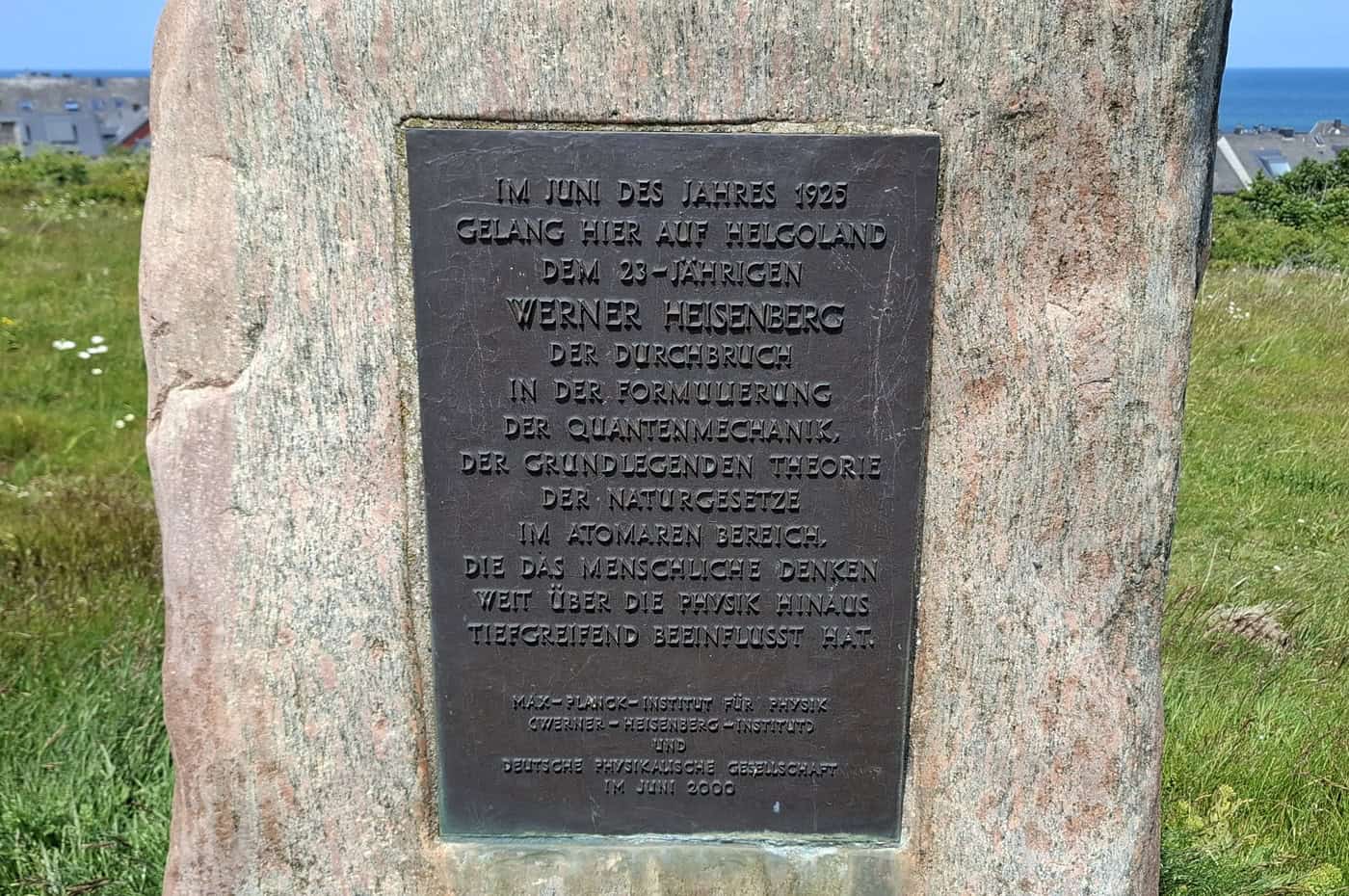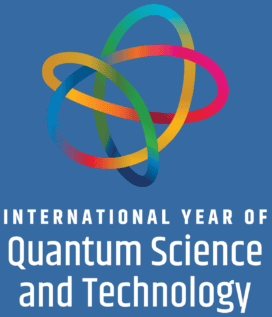Jack Harris, a quantum physicist at Yale University in the US, has a fascination with islands. He grew up on Martha’s Vineyard, an island just south of Cape Cod on the east coast of America, and believes that islands shape a person’s thinking. “Your world view has a border – you’re on or you’re off,” Harris said on a recent episode of the Physics World Stories podcast.
It’s perhaps not surprising, then, that Harris is one of the main organizers of a five-day conference taking place this week on Helgoland, where Werner Heisenberg discovered quantum mechanics exactly a century ago. Heisenberg had come to the tiny, windy, pollen-free island, which lies 50km off the coast of Germany, in June 1925, to get respie from the hay fever he was suffering from in Göttingen.
According to Heisenberg’s 1971 book Physics and Beyond, he supposedly made his breakthrough early one morning that month. Unable to sleep, Heisenberg left his guest house just before daybreak and climbed a tower at the top of the island’s sourthern headland. As the Sun rose, Heisenberg pieced together the curious observations of frequencies of light that materials had been seen to absorb and emit.

While admitting that the real history of the episode isn’t as simple as Heisenberg rmade out, Harris believes it’s nevertheless a “very compelling” story. “It has a place and a time: an actual, clearly defined, quantized discrete place – an island,” Harris says. “This is a cool story to have as part of the fabric of [the physics] community.” Hardly suprising, then, that more than 300 physicists, myself included, have travelled from across the world to the Helgoland 2025 meeting.
Much time has been spent so far at the event discussing the fundamentals of quantum mechanics, which might seem a touch self-indulgent and esoteric given the burgeoning (and financially lucrative) applications of the subject. Do we really need to concern ourselves with, say, non-locality, the meaning of measurement, or the nature of particles, information and randomeness?
Why did we need to hear from Juan Maldacena from the Institute for Advanced Study in Princeton getting so excited talking about information loss and black holes? (Fun fact: a “white” black hole the size of a bacterium would, he claimed, be as hot as the Sun and emit so much light we could see it with the naked eye.)
But if we want to build, say, a quantum computer, it’s not just a technical and engineering endeavour. “To make it work you have to absorb a lot of the foundational topics of quantum mecahnics,” says Harris, pointing to challenges such as knowing what kinds of information alter how a system behaves. “We’re at a point where real-word practical things like quantum computing, code breaking and signal detection hinge on our ability to understand the foundational questions of quantum mechanics.”
This article forms part of Physics World‘s contribution to the 2025 International Year of Quantum Science and Technology (IYQ), which aims to raise global awareness of quantum physics and its applications.
Stayed tuned to Physics World and our international partners throughout the next 12 months for more coverage of the IYQ.
The post Quantum island: why Helgoland is a great spot for fundamental thinking appeared first on Physics World.


